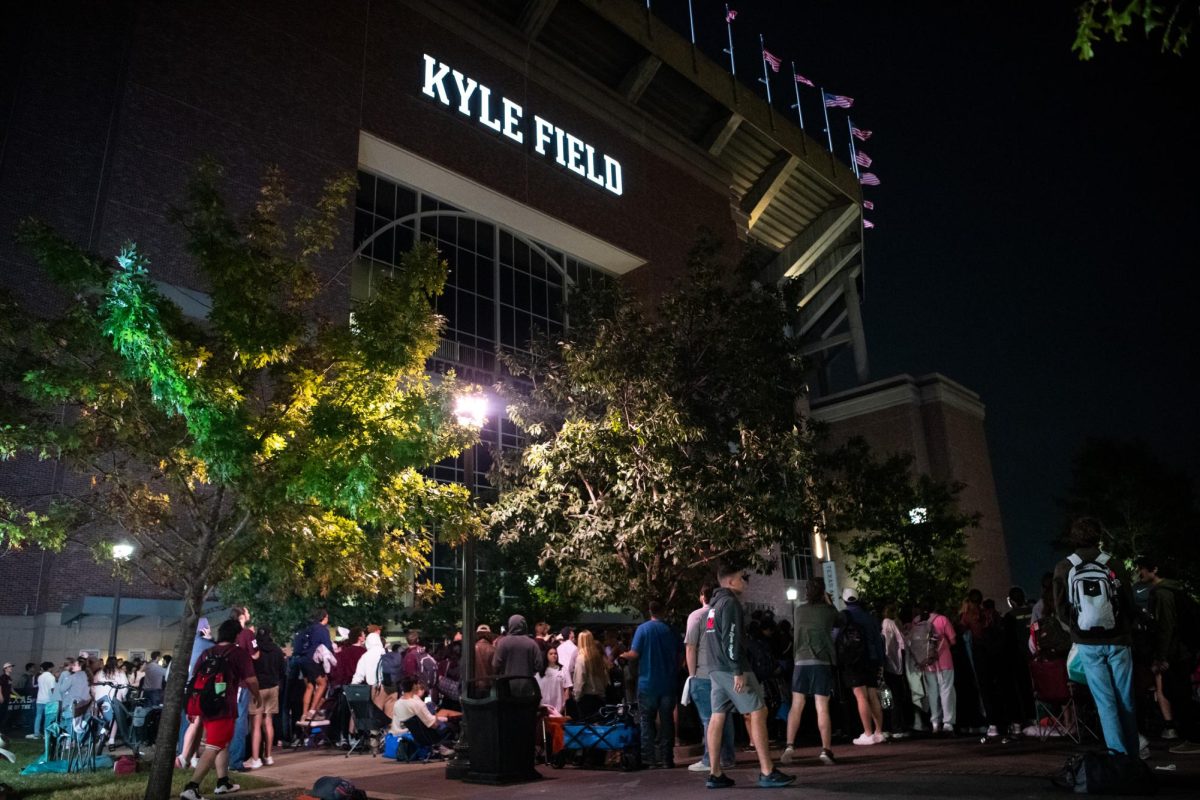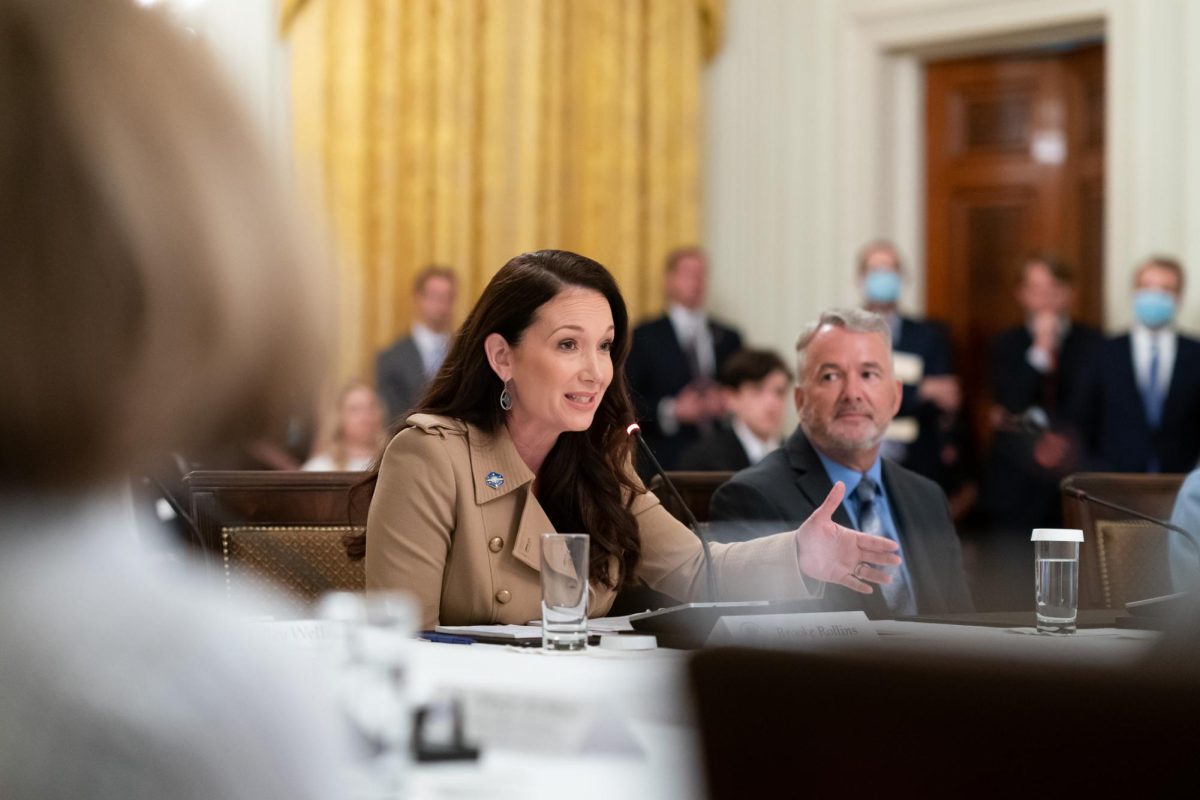Texas A&M recognizes the need to diversify the university, especially in fields related to science, technology, engineering and mathematics, and is taking action to ensure its progress.
A number of university educators focus their work on encouraging underrepresented groups to enter STEM fields.
Luis Ponjuan, associate professor of higher education administration, has a specific research agenda focused on access and degree completion in higher education for underrepresented students. Ponjuan said his hope is that his research continues to inform educational policy at the state and national levels.
“The demographic reality of the state of Texas and our nation requires Texas A&M and other institutions to move from awareness of this issue toward proactive actions for solution,” Ponjuan said. “The future state economic viability, local communities and families benefit from an educated citizenry.”
Ponjuan’s research focuses on minority males in higher education. His current research shows that Hispanic males in particular are at risk of lower high school completion rates and college enrollment.
“My research focuses on understanding the factors that related to those low rates and how institutional policies and programs can improve these outcomes,” Ponjuan said.
Craig Wilson, senior research associate at Texas A&M’s Center for Mathematics and Science Education, is the director of a K-12 science outreach program called the Future Scientists Program.
Wilson said student involvement in science and math fields is critical.
“Participation in agri-science will be critical for over the next 50 years,” Wilson said. “We shall have to produce as much food as has previously been produced in record ed history.”
Wilson said this will only happen if students entering STEM fields come up with advances in food production.
“Only one in 32 of the Earth’s surface is farmable [and] water resources are being used at unsustainable rates,” Wilson said. “Students are going to have to solve [and] ameliorate these problems and many more.”
Mary Margaret Capraro, associate professor of mathematics education, is a co-project coordinator for Aggie Science Technology Engineering and Mathematics. Aggie STEM makes efforts to have underrepresented groups represented at Texas A&M and in higher education as a whole through community outreach and STEM camp each summer.
“Last year, we had over 110 students [attend STEM camp], mostly from underserved minority communities,” Capraro said. “This experience encourages them to realize that they can be successful on a college campus like Texas A&M.”
Aggie STEM camp allows students to tour campus, meet professors, ask questions to a panel, participate in hands-on activities and familiarize students with the Texas A&M community and traditions. Capraro said she hopes many of the STEM camp students will apply to Texas A&M in the future.
“Aggie STEM also goes out to the community and works with both teachers and students and involve them in STEM project-based learning activities,” Capraro said.
Francis Quek, visualization professor, is just beginning the project “Making the Maker: A Pathway to STEM for Elementary School Children.” The research for this project will take place in Neal Elementary School in Bryan, a school that serves a predominantly underrepresented student population.
“Children from these populations are particularly ill-represented in STEM education and occupations,” Quek said. “We seek, especially, to address the self-efficacy and identity of children at a critical point where they begin to develop their self-image.”
Quek said the research will extend to the perceptions of children from underrepresented populations by the broader community as these perceptions and biases have powerful influences on children’s self image.
“We expect to gain understand of how interventions like the ones we propose may help to shape such perceptions,” Quek said. “Besides the meta-cognitive aspects of motivation and self image, we anticipate our intervention to also have a direct impact on STEM performance among our participating student populations.”
Quek said universities are their best when they combine research, teaching, outreach and diversity missions as an integrated whole.
“This integrative fabric is a basic tenet of our research vision,” Quek said. “Much of our research is conducted within the community where the research questions are intimately tied to pressing problems in society.”
Educators encourage minorities to enter STEM fields
October 21, 2014
0
Donate to The Battalion
Your donation will support the student journalists of Texas A&M University - College Station. Your contribution will allow us to purchase equipment and cover our annual website hosting costs.
More to Discover








